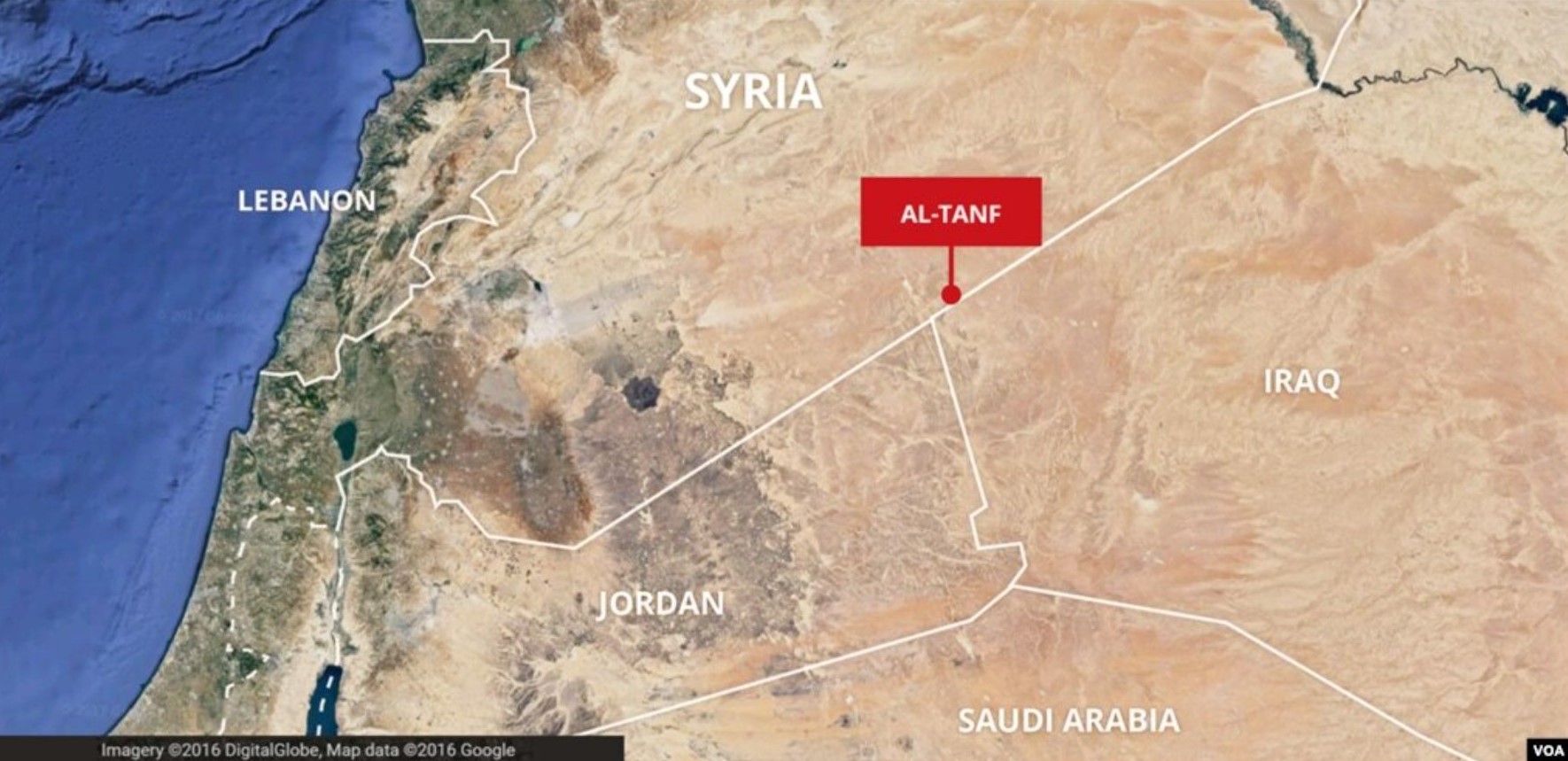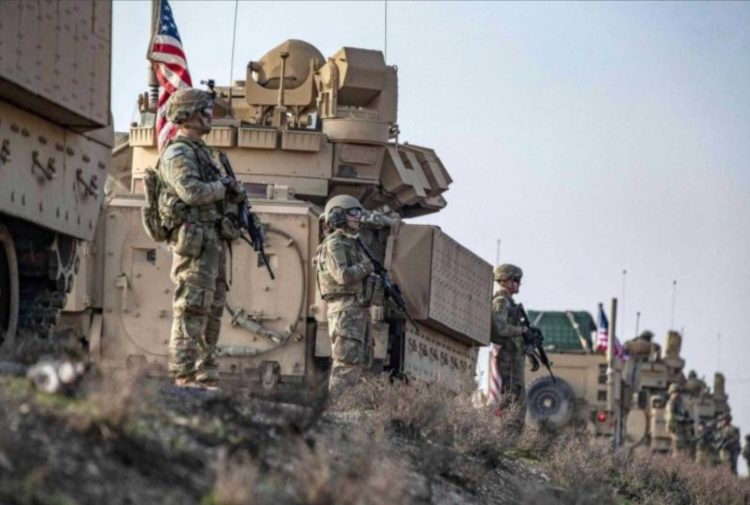Concerns Over Withdrawal
The withdrawal of U.S. forces could severely impact counterterrorism efforts. Without American support, Kurdish fighters may be forced to halt operations against ISIS. This could lead to the release of thousands of detained ISIS fighters, increasing the risk of renewed terrorist activity. Such developments could also heighten the likelihood of terrorist attacks against the West, including the United States.
Damage to U.S. Credibility
Abandoning Kurdish allies who have fought alongside U.S. forces could undermine trust in America as a reliable security partner. This loss of credibility could make it harder to build future alliances and collaborations in the region and beyond.
Humanitarian Concerns
Finally, withdrawing troops could exacerbate chaos and suffering in the region, particularly for vulnerable populations. Without a stabilizing force, civilians in Syria could face increased violence and displacement, worsening the ongoing humanitarian crisis.
Given these concerns, many experts argue that maintaining a U.S. military presence in Syria is essential. It ensures regional stability, supports counterterrorism efforts, and protects U.S. strategic interests in the Middle East. A premature withdrawal could have dire consequences, making it a decision that requires careful consideration.
Strategic Importance of Al-Tanf

The Al-Tanf military base in southeastern Syria is a key strategic asset for the United States, serving multiple critical purposes in the region.
Counter-terrorism operations are a primary focus of Al-Tanf. The base acts as a crucial outpost for combating ISIS remnants, providing training for Syrian opposition fighters and facilitating operations against terrorist groups. Its location plays a pivotal role in disrupting hostile activities and blocking the Assad regime from fully defeating anti-government opposition in the Syrian desert. Additionally, it cuts off ground transportation links between Iran and Syria, disrupting Iranian proxy activities.
The geopolitical significance of Al-Tanf cannot be overstated. Positioned at the intersection of Syria’s borders with Iraq and Jordan, the base provides the U.S. with a strategic foothold to maintain influence over Syria’s future. It also serves as a bargaining chip in diplomatic negotiations, complicating plans by Russia, Iran, and Syria while providing leverage for the U.S. to shape the region’s long-term outlook.
Al-Tanf also supports regional allies, acting as a security point for Israeli operations in Syria and facilitating U.S.-Israeli intelligence collaboration. Furthermore, its location along the M2 Baghdad-Damascus Highway allows the U.S. to monitor and control a critical transportation route that connects Iraq and Syria, ensuring control over a vital piece of infrastructure.
The base’s importance extends to humanitarian efforts as well. The Rukban refugee camp, which shelters internally displaced Syrians, is located within the deconfliction zone around Al-Tanf. This adds a humanitarian dimension to the base’s operations, providing security and stability for vulnerable populations in the area.
As of 2025, Al-Tanf remains the headquarters for the Syrian Free Army, with approximately 200 U.S. soldiers stationed there as part of the CJTF-OIR Coalition. Despite its strategic value, the base has faced criticism and attacks, particularly from Iranian-backed militias seeking to push American forces out of Syria. Nevertheless, Al-Tanf’s multifaceted role in counter-terrorism, regional stability, and humanitarian support underscores its continued importance in U.S. military strategy.
International Perspectives
Several international allies have expressed significant concerns about the potential consequences of a U.S. withdrawal from Syria, emphasizing the complex geopolitical implications of such a move.
Israel is particularly alarmed by the possibility of a power vacuum in Syria, which they believe could lead to increased Iranian influence and a stronger presence of hostile forces near their borders. This situation could destabilize the region further, prompting Israel to pressure the U.S. to maintain its military presence or at least secure assurances from Turkey to ensure regional stability.
Kurdish allies, especially the Syrian Democratic Forces (SDF), who have been instrumental in the fight against ISIS, are deeply concerned about their security without U.S. support. A withdrawal could leave them vulnerable to Turkish military incursions, increased pressure from the Syrian regime, and potential conflicts with other regional powers.
Arab partners, including Gulf states and other Arab allies, are also wary of the potential fallout from a U.S. withdrawal. They fear a resurgence of ISIS in the region, along with a growing influence of Iran and Russia, which could force them to reassess and reshape their own strategies in Syria to maintain stability.
European allies, while not always explicitly mentioned, have historically expressed concerns about the ripple effects of instability in the Middle East. They worry about the potential for new waves of refugees, the spread of terrorism, and broader security threats that could impact Europe directly.
These concerns highlight the intricate web of relationships and interests that the U.S. must consider when evaluating any plans to withdraw troops from Syria. Allies across the globe expect Washington to take the lead in coordinating a collective response to the challenges posed by a post-Assad Syria, underscoring the ongoing importance of U.S. engagement in the region.
Summation
While the desire to disengage from prolonged conflicts is understandable, the situation in Syria presents unique challenges that necessitate a continued U.S. military presence. The risks associated with a complete withdrawal—including the resurgence of extremist groups, regional instability, and the loss of strategic influence—outweigh the benefits of disengagement. As President-elect Trump assumes office, he faces a critical decision that will impact Syria and the broader security and stability of the Middle East.










COMMENTS